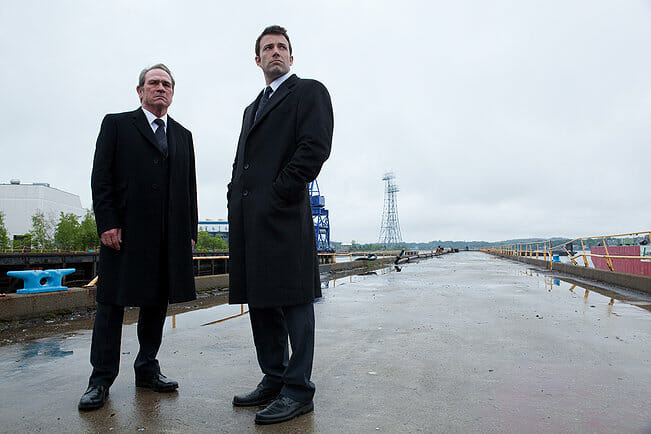The Company Men

Director/Writer: John Wells
Cinematographer: Roger Deakins
Starring: Ben Affleck, Tommy Lee Jones, Chris Cooper, Rosemarie DeWitt
Studio/Runtime: The Weinstein Company/109 min.
-

-

-

-

-

-

-

-

-

-

-

-

-

-

-

-

-

-

-

-

-

-

-

-

-

-

-

-

-

-

-

-

-

-

-

-

-

-

-

-








































